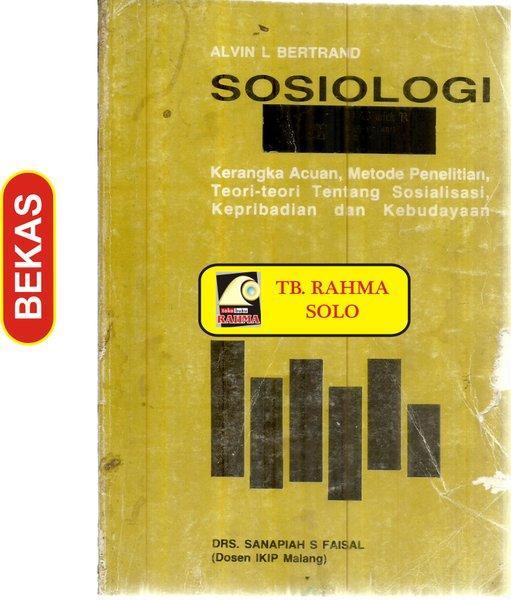The idea of nonviolent resistance is still as essential and almost as radical today as it was when Mahatma Gandhi (1869–1948) first pioneered in India the protest of political tyranny—in his case against British colonialism—through massive displays of civil disobedience. Gandhi’s ideas of peaceful protest went on to inspire the marches and sit-ins of the American Civil Rights movement and continue to be the foundations for political and social demonstrations around the world. This biography by leading scholar Douglas Allen presents a new and challenging approach to understanding Gandhi’s life—the time in which he lived, how he shaped history, and how his philosophy and practices can be reformulated in ways that are significant and effective today. Allen analyzes his continuing relevance by addressing key issues of truth and ethics, violence and nonviolence, equality and freedom, as well as ideas of exploitation, oppression, religious conflict, and environmental crises. Allen provides a much needed new perspective on Gandhi that allows us to rethink our basic values and priorities. By helping us understand Gandhi’s life and message, he creates a new paradigm for evaluating truth, nonviolence, peace, and morality; and he offers new criteria for assessing our modern approach to standards of living, development, progress, and meaningful human existence.
The idea of nonviolent resistance is still as essential and almost as radical today as it was when Mahatma Gandhi (1869–1948) first pioneered in India the protest of political tyranny—in his case against British colonialism—through ...










